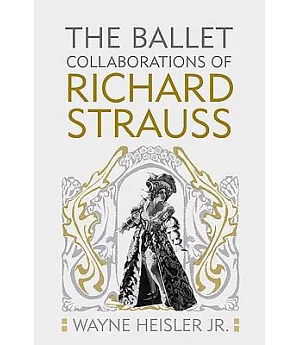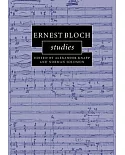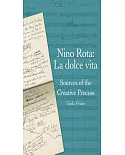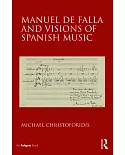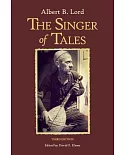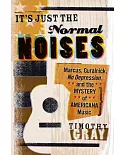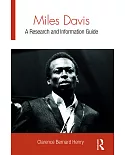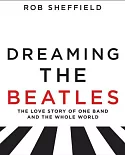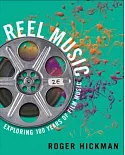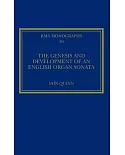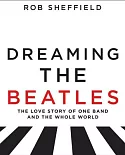Richard Strauss is rarely thought of as a ballet composer. Known for tone poems such as Also sprach Zarathustra and the operas Salome and Der Rosenkavalier, Strauss did, however, contribute
music to several ballets across his career, thereby collaborating with prominent dance artists of his time. Strauss's ballets include an unfinished Die Insel Kythere (The Island of Cythera,
1900), inspired by French Rococo paintings; Josephslegende (The Legend of Joseph, 1914), choreographed by L�穢onide Massine for the Ballets Russes; a 1923 Ballettsoir�穢e with dances by Heinrich
Kr�繞ller, showcasing the Vienna Ballet and including Strauss's arrangements of music by Fran�禮ois Couperin; Schlagobers (Whipped Cream, 1924), a "Comic Viennese Ballet" choreographed by
Kr�繞ller; and Verklungene Feste: Tanzvisionen aus Zwei Jahrhunderten (Faded Celebrations: Dance Visions from Two Centuries, 1941), premiered in Munich with meta-historical dances by the
dancer-choreographer team Pia and Pino Mlakar. In The Ballet Collaborations of Richard Strauss, Heisler considers Strauss's ballet scores alongside story, mise-en-sc�穡ne, and choreography,
revealing Strauss's shift from a parodic conception of classical dance in the years leading up to the First World War to a belated obsession with Romantic-era ballet in its aftermath. Heisler
explores issues central to understanding Strauss's relationship to modernism: the composer's mining in Kythere of the decorative aspects of dance, suggesting a shared sensibility with
fin-de-si�穡cle Jugendstil and a critique of Romanticism; the dynamics of collective creation and Strauss's penchant for parody in relation to Josephslegende; his stance on interwar cultural
politics through the Ballettsoir�穢e and Schlagobers-and the question of Strauss and Kitsch through the latter; and Verklungene Feste as this composer's autumnal meditation on the conceit of
music and dance as vehicles for transcendence. The Ballet Collaborations of Richard Strauss is a richly interdisciplinary study that promises to nuance the popular, critical, and academic
reception of this ever-popular composer. Wayne Heisler Jr. is assistant professor and Coordinator of Historical and Cultural Studies in Music at The College of New Jersey.

